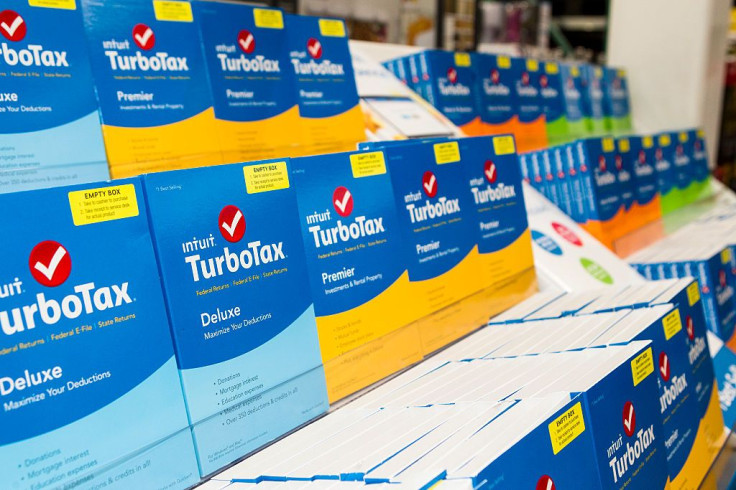Stimulus Check News: How Tax Returns Allows Some To Receive Unclaimed Payment
Americans still confused as to why they received less than a full $1,400 stimulus check will have an opportunity to take it up with the IRS in their 2020 tax returns. A “recovery rebate credit” lets filers calculate how much they should get and request the amount, CNBC reports.
Technically speaking, many of the stimulus checks given out this year were just advances on the recovery rebate tax credit. Those who think they haven’t gotten their due can look to line 30 on Forms 1040 or 1040-SR.
An accompanying worksheet should let people calculate how much money they should have received, check it against how much they actually got and request the difference if a mistake was made.
The IRS will do the same calculations and may disagree, so the amount someone requests isn’t necessarily what they’ll get back. If this is the case, the agency will send a flier explaining the discrepancy.
The IRS has also warned that discrepancies may lead to a “slight delay” in processing, although what that means coming from the swamped tax agency is anyone’s guess.

One common reason for a missing check could be that someone claimed the filer as a dependent on their tax returns. A dependent over 17 years old at the start of 2020 would fall into a category ineligible for stimulus checks.
Filing tax returns may be necessary to put a person on the IRS’ radar. Eligibility was calculated using old tax returns and databases of federal benefits, so someone who doesn’t typically need to file taxes and isn’t getting federal money some other way could be invisible for the purposes of stimulus check distribution.
The due date for standard federal tax returns has been pushed back this year, to May 17.
© Copyright IBTimes 2025. All rights reserved.





















